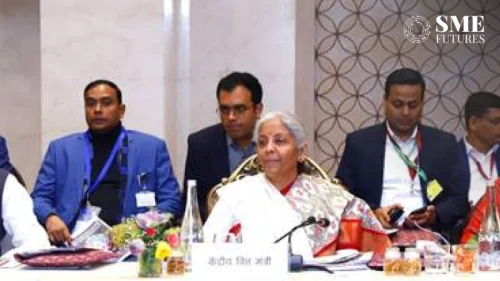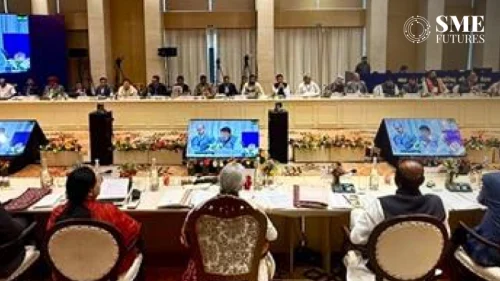Capgemini, Fraunhofer Research Institution for Battery Cell Production FFB, PEM Motion and the Chair of Production Engineering of E-Mobility Components (PEM) of RWTH Aachen University announce the foundation of the “Technology Cluster Battery Cell”. The initiative aims to take advantage of new technologies, such as AI, to develop differentiating methods and tools to drive innovation in the production of battery cells. The final objective is to halve the development time of a battery cell – its design and prototyping through to its industrialisation – from 3 to 4 years to 1 to 2 years.
By combining their complementary capabilities and infrastructure, scientists and industry partners are together creating a dedicated research and development network with competencies along the entire battery cell value chain. The new cluster aims to extend the collaboration to the larger battery ecosystem, including manufacturers for cells and their components, software vendors, and automotive Original Equipment Manufacturers (OEMs).
“Processes for developing and producing new battery cells are currently too slow and prices are too high,” said Professor Achim Kampker, Managing Director of Fraunhofer FFB, Director of PEM and shareholder of PEM Motion. “With this initiative, thanks to the strong partnerships and innovative digital solutions that we will develop, we are aiming to make the European industry for battery cells more competitive.”
William Rozé, CEO of Capgemini Engineering and Member of the Capgemini Group Executive Board, said: “We are enthusiastic to join forces with the leading minds from research institutes as well as industrial players, to accelerate towards a sustainable and more competitive battery industry in Germany and Europe. Through the Technology Cluster Battery Cell initiative, we are aiming to build an open and value-oriented ecosystem that generates synergies in all phases of the cell development process. Our objective is to create significant value for the battery ecosystem and the electric mobility industry as a whole.”
From a scientific perspective, Fraunhofer FFB will bring its unique infrastructure and capabilities for large-scale battery cell production, and RWTH Aachen University’s PEM chair its deep experience in technology-driven research in almost all areas of the electric mobility value chain.
From an industry perspective, Capgemini will bring its expertise in product and process simulation and data-driven optimisation. PEM Motion – a spin-off from the Chair of “Production Engineering of E-Mobility Components” of RWTH Aachen University – will add its extensive experience in innovative battery cell development and production processes.











